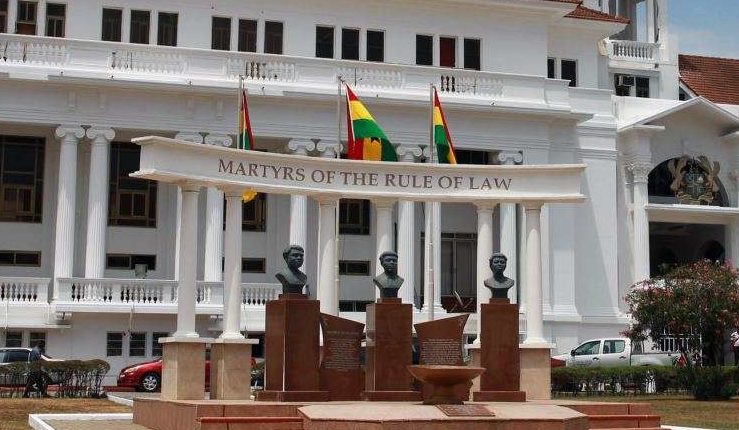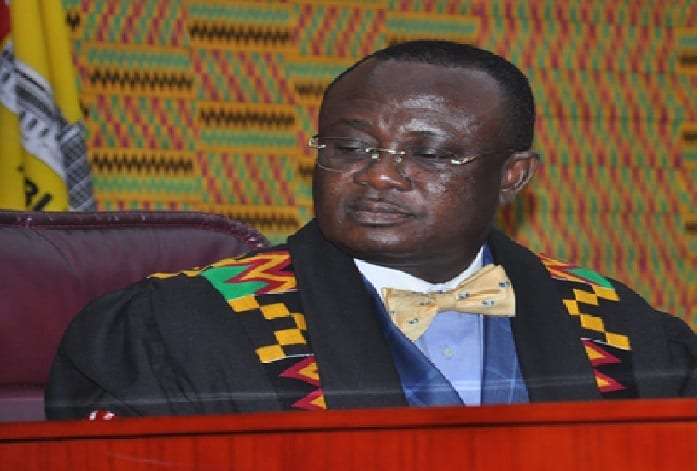An Associate Professor and a senior lecturer at the University of Ghana, Professor Ransford Gyampo, has called for the interrogation of the Supreme Court ruling enabling the Deputy Speakers to vote whiles presiding in Parliament.
Professor Gyampo averred that the interrogation must be done “dispassionately” due to the unfortunate partisan responses the ruling has received so far. He elucidated that the responses have not helped as they have insinuated many things that do not help the quest to shore up the independence of the Judiciary.
“Why should it be that every top NPP person likes the ruling while every top NDC person hates it? Why can’t we have a middle way of objective thinking about the issue? Excessive partisanship is indeed a serious affront to our God-given ability to think and analyze issues, with a view to promoting fairness and objectivity in our political discourse.”
Professor Ransford Gyampo

Professor Gyampo was of the view that the ruling to allow the Deputy Speakers vote may elate those seeking for the number to pass the E-levy. However, he insinuated that it “will also help those opposed to it, if they win power and a hung Parliament comes back again”.
The Associate Professor noted that the Supreme Court, in theory did no wrong in entertaining the matter brought before it and judging it. He cited that as per the doctrines of checks and balances advocated by the French Political Thinker, Baron de Montesquieu, “The courts have the right to review and rule on the activities of both the Executive and Legislature”.
Parliament can decide to go by its rules
Nevertheless, Professor Gyampo reckoned that Parliament is also a master of its own processes, now as an even more independent arm of government and can therefore decide to go by its own rules and work with its standing orders.
However, the Associate lecturer posited that Parliament going by its own process should not be the case. He averred that it may amount to paying the Judiciary back by snubbing its ruling and setting the stage for another chaotic clash in Parliament, between those who support the ruling and those who are against it. “The way to go may be for a review of the decision to be sought at the Supreme Court.”

“A key question that must engage our mind is, what happens to the debate if those expected to moderate it takes to one side via partisan voting? This question must be answered taking cognizance of the fact that deputy speakers must not necessarily lose their right to represent their constituents simply by moderating debates.”
Professor Ransford Gyampo
Professor Gyampo suggested to government to consider rethinking the nation’s constitution by looking for Deputy Speakers who do not represent constituencies just like the Speaker.
Professor Gyampo’s comments followed the Supreme Court’s unanimous decision which declared that the Deputy Speakers of Parliament remained Members of Parliament when they are presiding proceedings in the House.
The decision also allowed the Speakers to vote and be counted as present for purposes of decision making in the House.
Read Also: Crimes Involving Officers Must Be Taken Serious- Peter Toobu




















